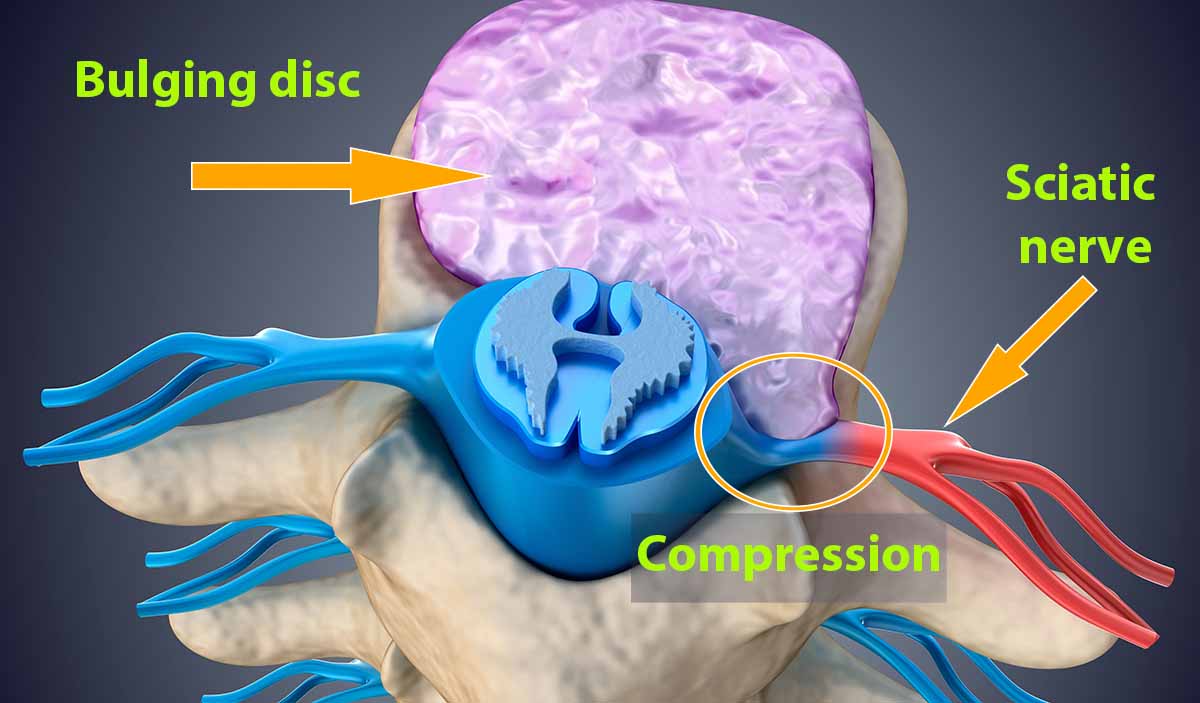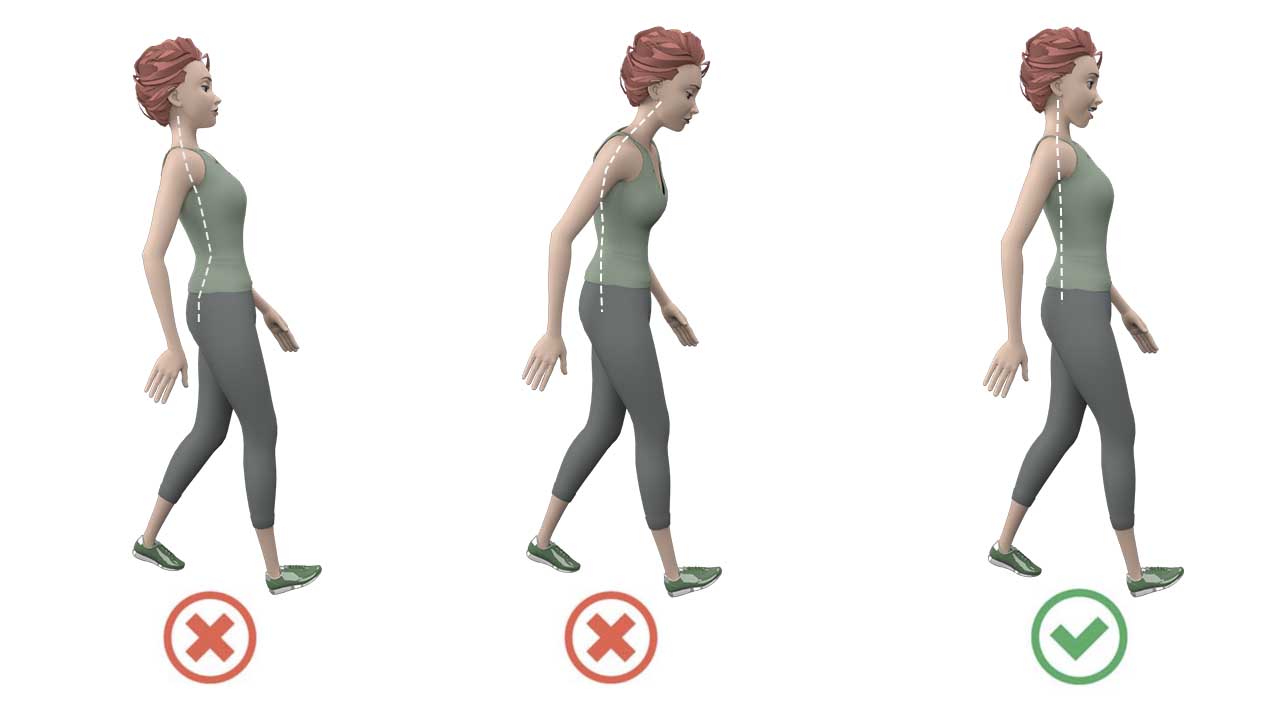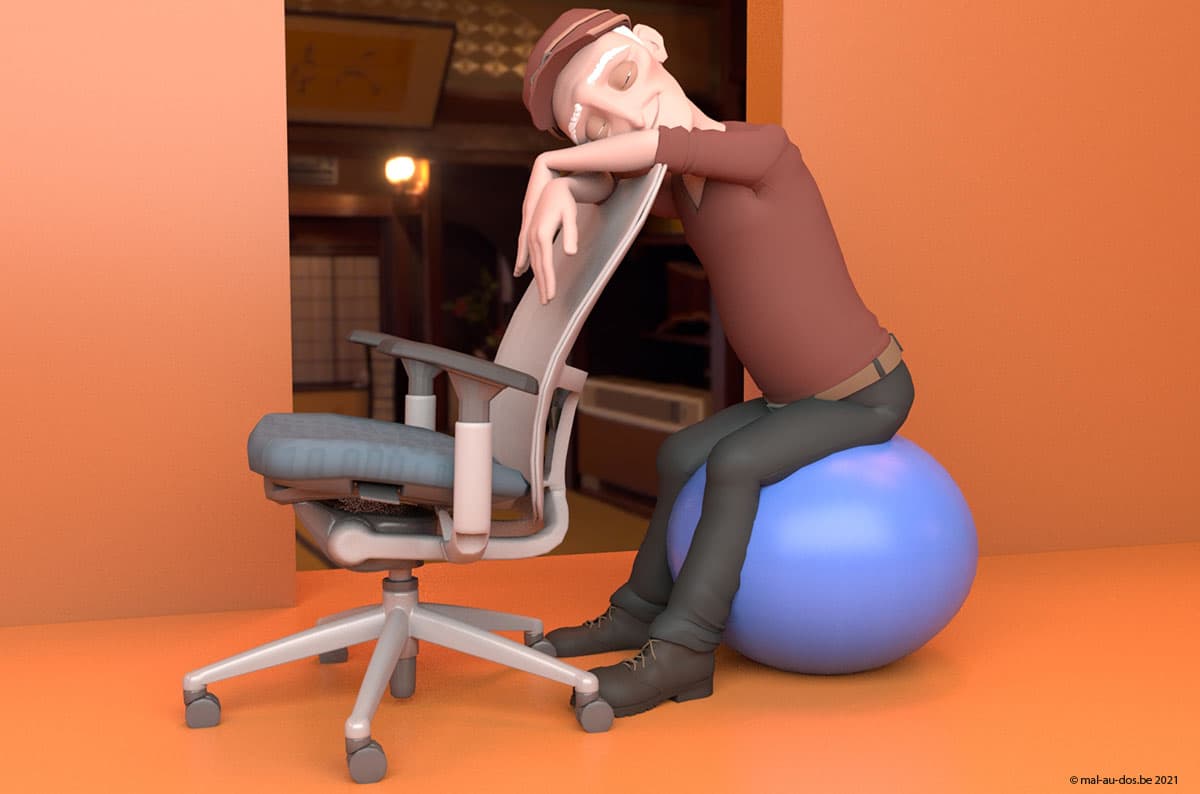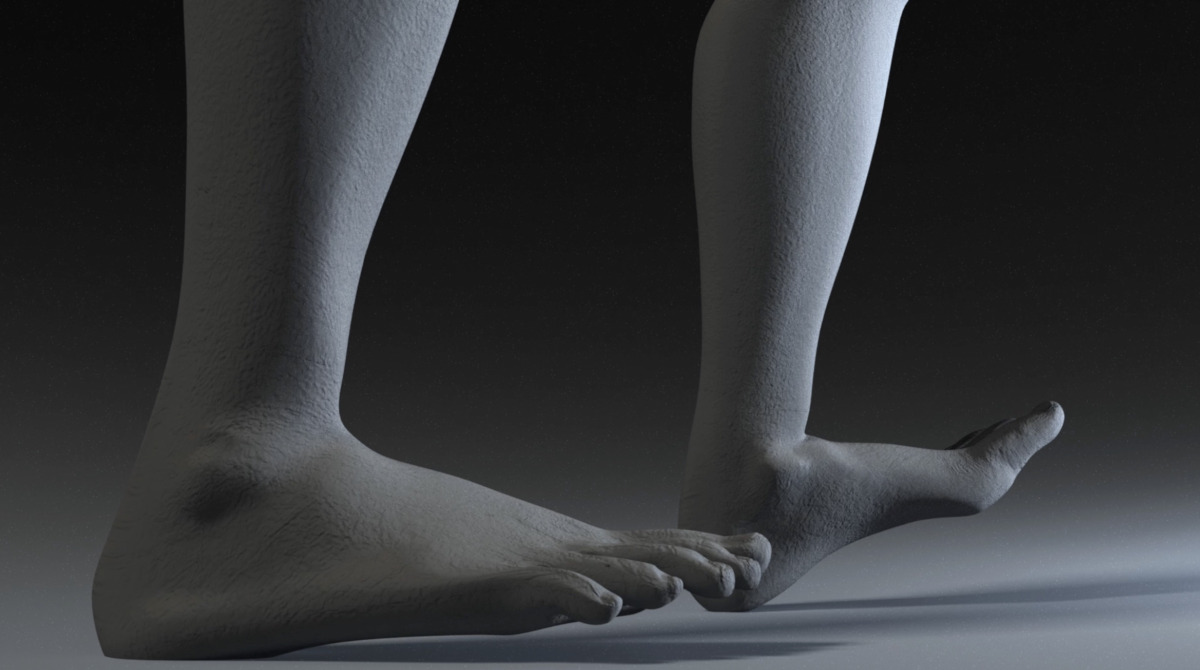Depending on the root cause, your sciatica may or may not go away in the short term.
Sciatica usually goes away when the problem that is causing it is resolved.
As sciatica is often the result of the sciatic nerve being compressed by a bulging disc, it’s essential that one understands the mechanics and keeps it in mind all the time, to accelerate the healing process, make that sciatic go away, and prevent it from coming back.
In this article, we will review the most common reasons why sciatica caused by a disc herniation or degenerative disc disease is not going away.
If your sciatica is caused by a trapped muscle in your buttock, you may want to check this article about the piriformis syndrome, see if that helps.
Reasons why sciatica is not going away
- Too much sitting
- Too much lying down
- Not enough physically active or not seeing a good physical therapist. Best thing you can do for your sciatica to go away is walk. Don’t run, just walk. Whatever you can do, every day a little more. Walking is good for sciatica!
- Not keeping your legs straight while sitting (check out Marks’s sitting posture hack and see why keeping your legs straight help with sciatica)
- Not keeping your legs straight while in bed (see how Walter stays in bed and if keeping your legs straight and feet out of the mattress help you with sciatica)
- Using the wrong fitness equipment. Read this post about fitness equipment and find out which is good for sciatica and which is not.
- Not taking prescribed medication (anti-inflammatory)
- The sciatic nerve has suffered damage and recovery happens so slow that improvements, if any, can only be noticed from one semester to another.
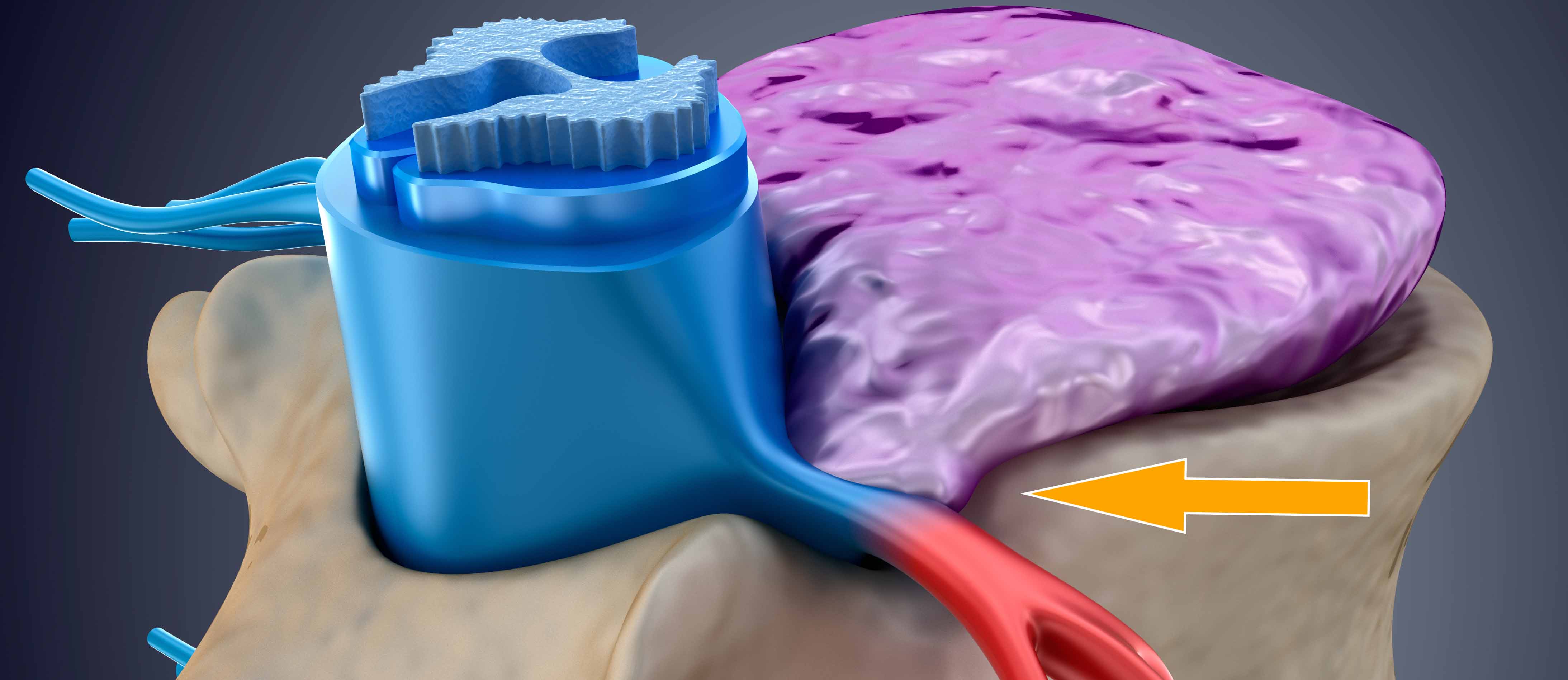
So, basically, your sciatica is not going away because that contact between the bulging disc and the sciatic nerve is still happening.
If you don’t move, you don’t walk, don’t go see a physical therapist, it’s not going to change. It will take forever for sciatica to go away.
The sciatic nerve is likely to be severely damaged, up to a point to which it will keep causing sciatica even when that contact stops (either because of the natural healing process or after surgery.)
Don’t be freaked out 😉
Your sciatica will eventually go away, most likely.
It’s really up to you to make it happen as quickly as possible, even if it takes time.
More about Sciatica
Depending on how it is defined, less than 1% to 40% of people have sciatica at some point in time.
Sciatica is most common between the ages of 40 and 59, and men are more frequently affected than women.
The condition has been known since ancient times
Source: Wikipedia Sciatica
